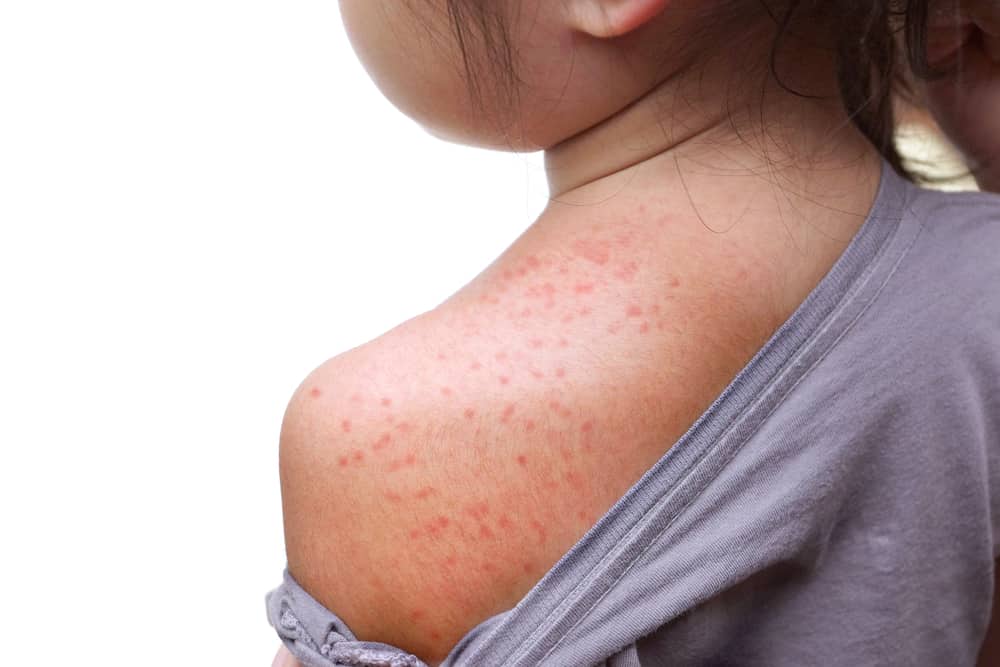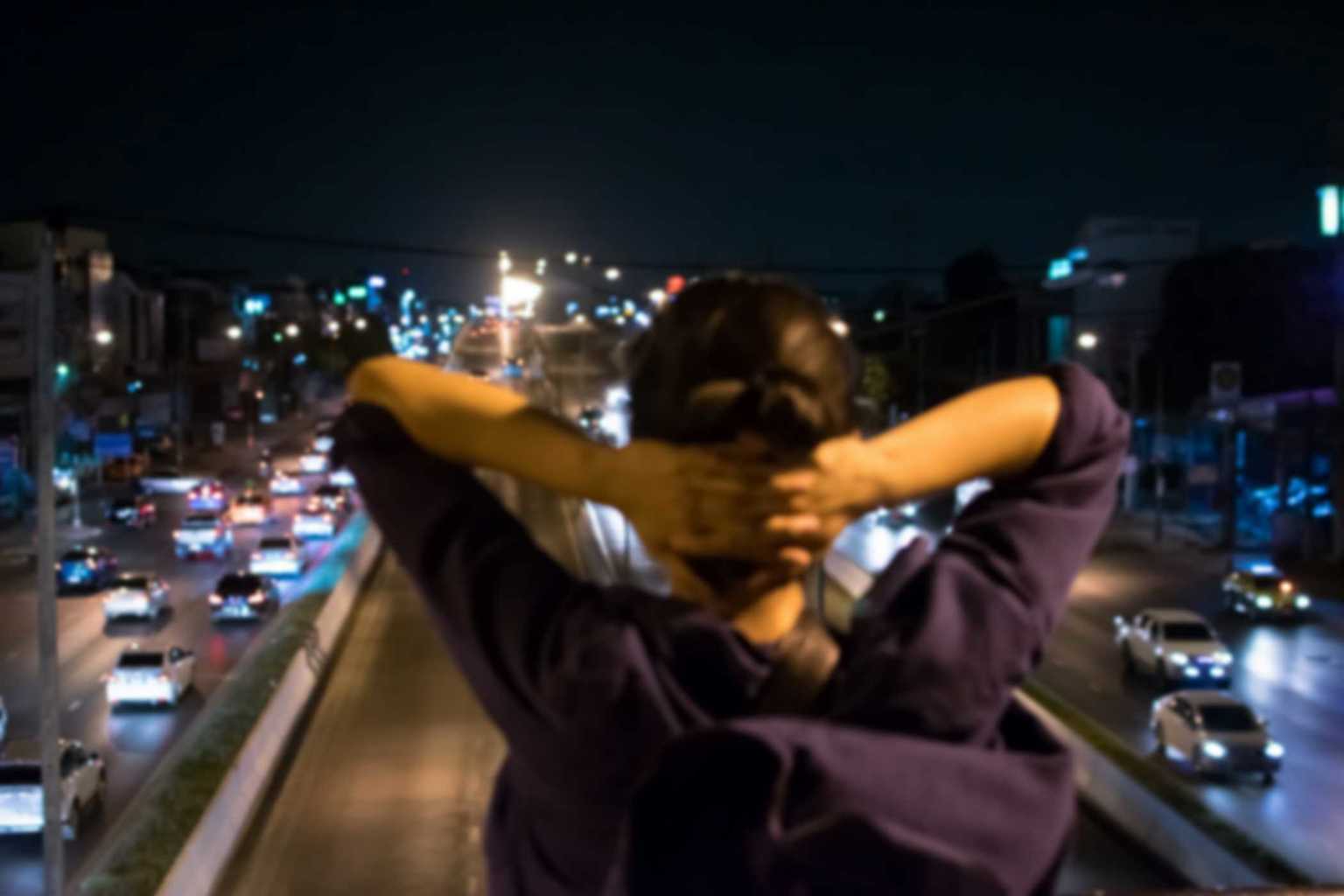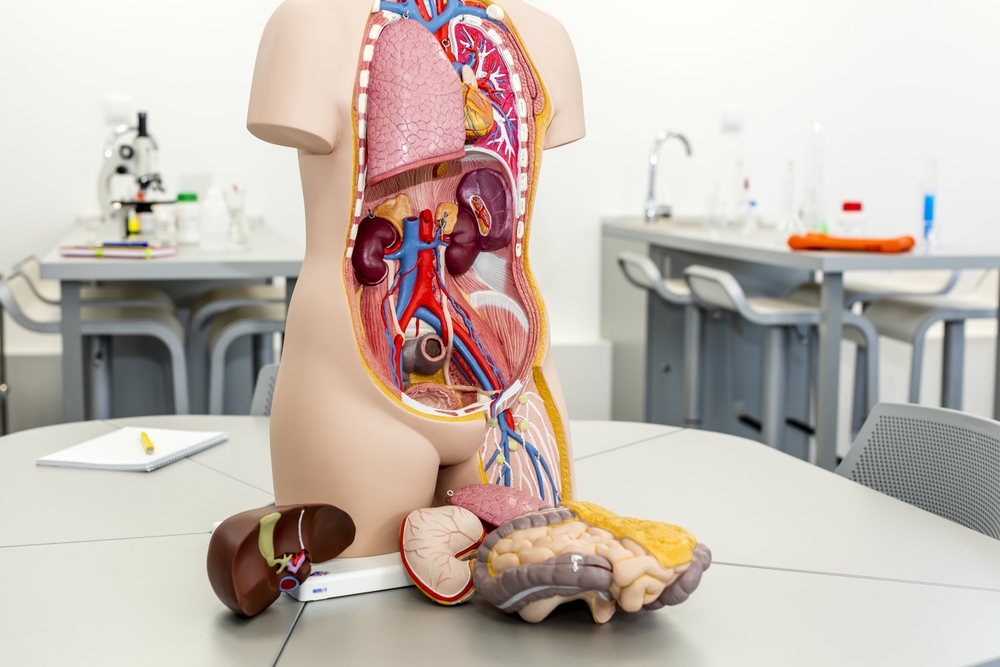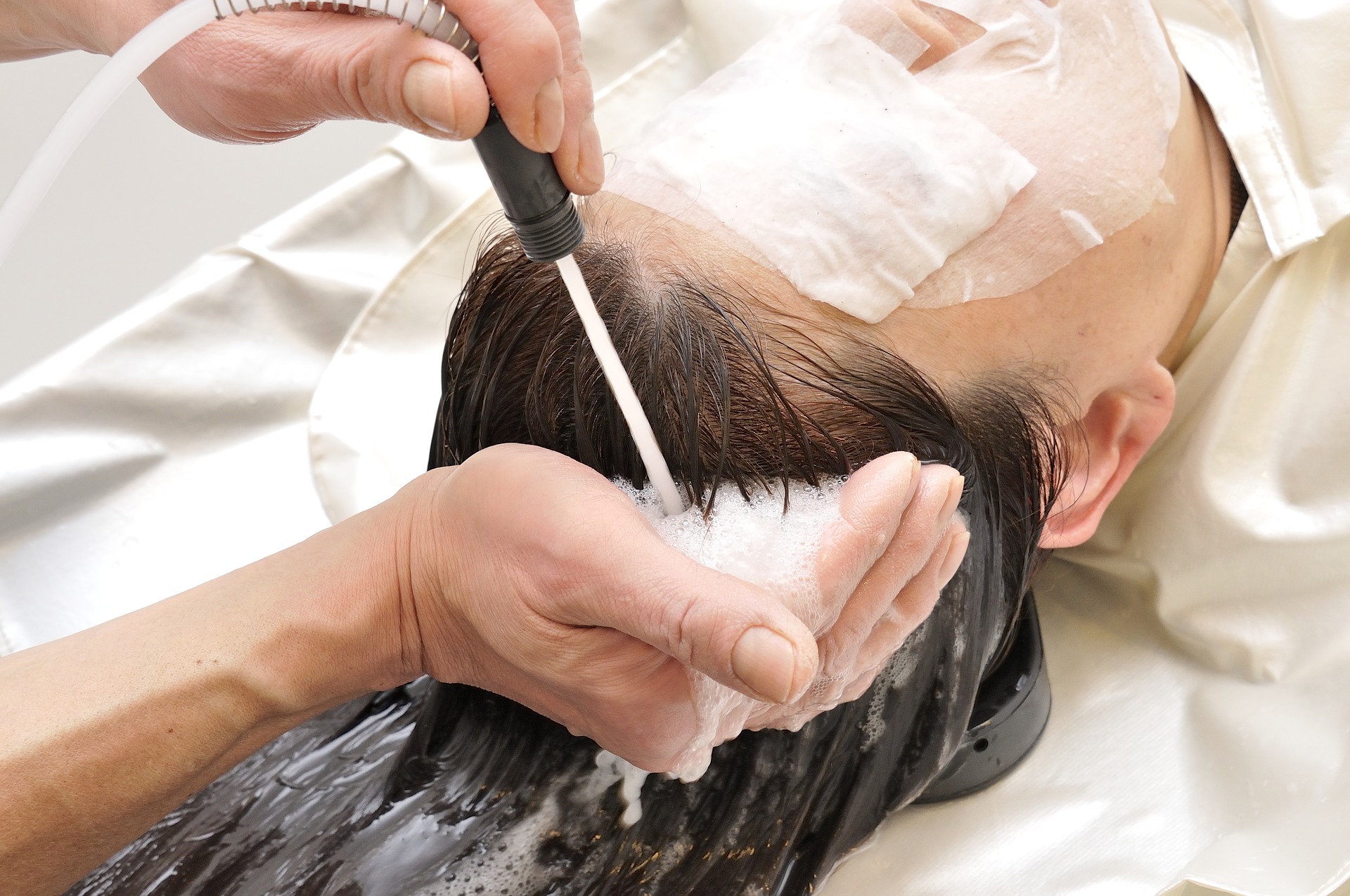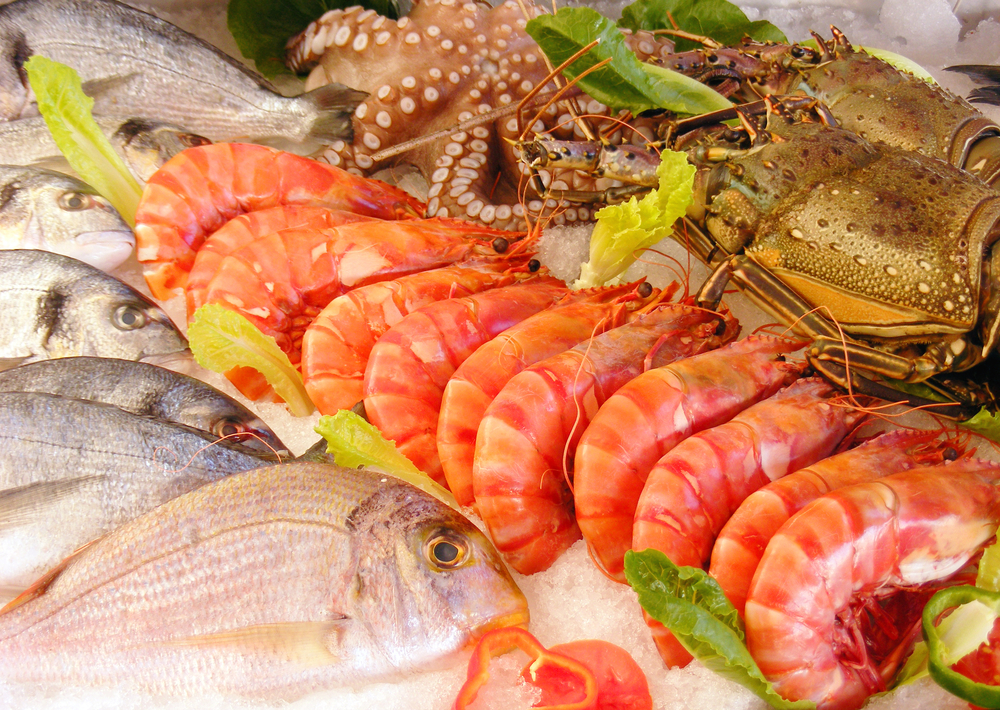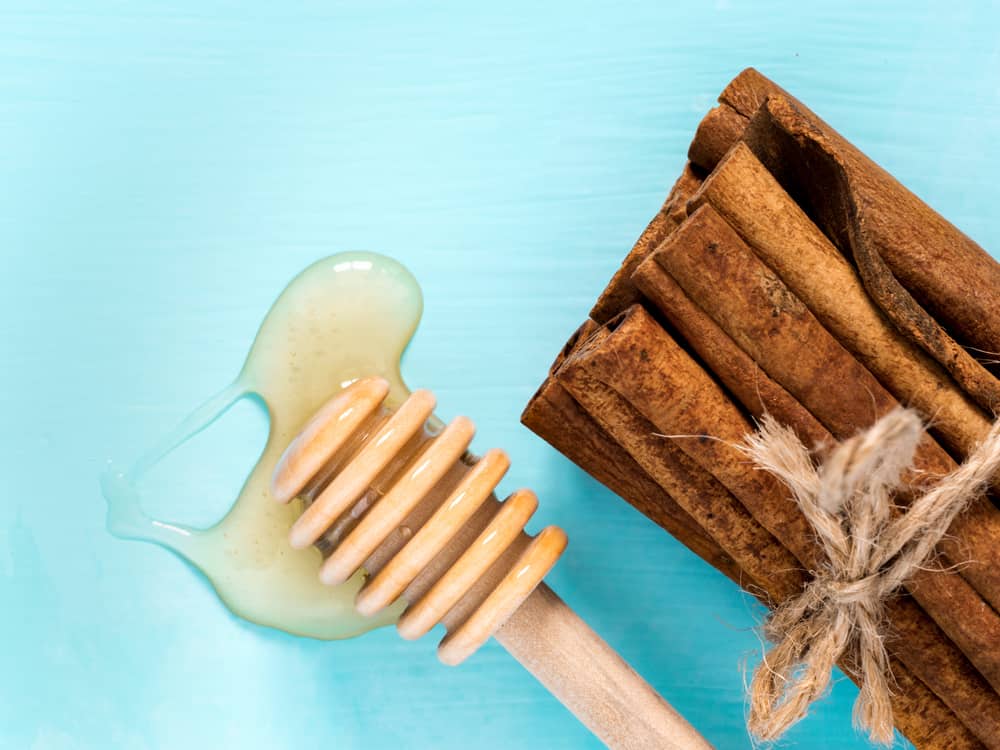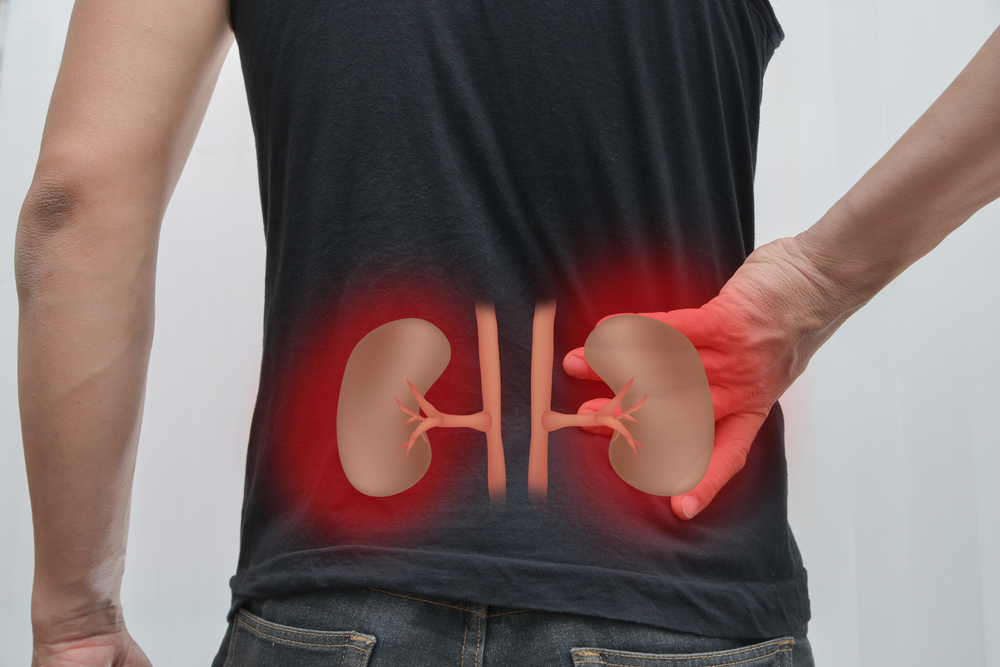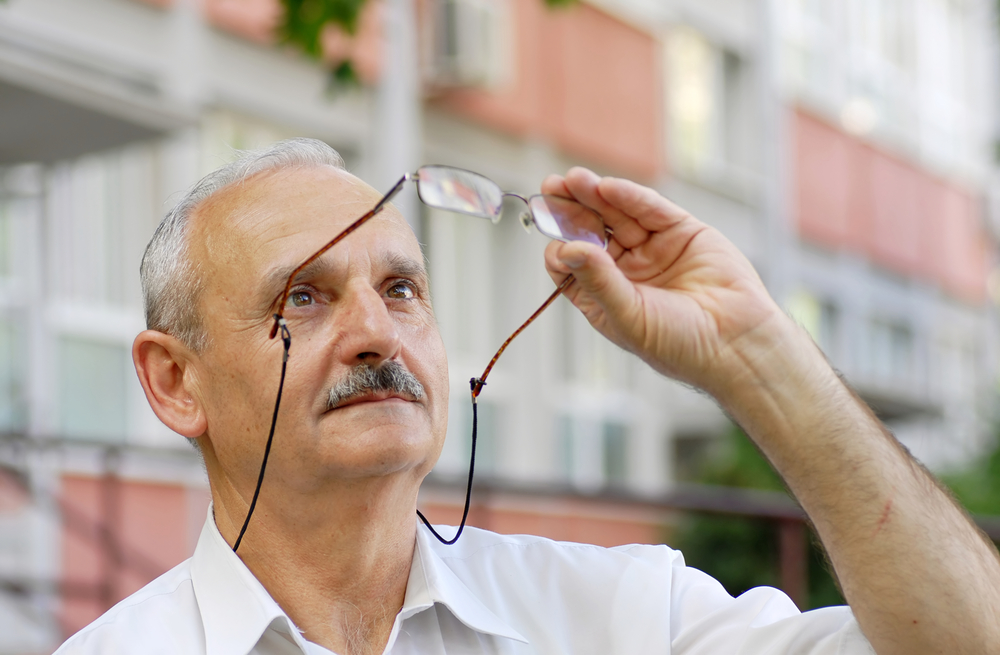Contents:
- Medical Video: At Home with Your Newborn | Skin Conditions
- What causes petechiae?
- 1. Prolonged tension
- 2. The reaction of certain drugs
- 3. Disease infections
- 4. Injury and sunburn
- Symptoms and signs of petechiae
- When should I see a doctor?
- Are there complications associated with petechiae?
- How to overcome petechiae?
Medical Video: At Home with Your Newborn | Skin Conditions
Petechiae is a rash or small red or purple spots that appear on the skin. This red rash usually appears on your arms, legs, stomach and buttocks. It can also appear in your mouth or eyelid. These red spots can be a symptom of various health conditions, ranging from the small to the very serious. In addition, this rash can also appear as an allergic reaction to certain drugs.
Even though petechiae is a rash, this is actually caused by bleeding under the skin. The difference between petechiae and a rash is usually that the rash is not prominent or even flat, and when pressed it will not change the color of the rash.
What causes petechiae?
Petechiae occurs when small blood vessels (capillaries) rupture. When capillaries rupture, blood leaks into your skin. Infection and reaction to the drug can also cause this condition. In addition there are several conditions that might cause the appearance of this red rash, including:
1. Prolonged tension
Small petechiae on the face, neck and chest can be caused by prolonged tension during activity. For example when crying, coughing, vomiting, and lifting heavy weights.
2. The reaction of certain drugs
Certain drugs are also often associated with the appearance of petechiae. Drugs that can cause this condition as side effects include antibiotics, antidepressants, anti-seizure drugs, blood thinners, heart rhythm drugs, nonsteroidal anti-inflammatory drugs, and tranquilizers.
3. Disease infections
Petechiae may be caused by a number of fungal, viral and bacterial infections. Some of these diseases include cytomegalovirus (CMV), endocarditis (infection of the inner lining of the heart), meningococcemia, mononucleosis, rocky mountain spotted fever, dengue fever, sepsis, and sore throat.
Other diseases that cause it include vasculitis (blood vessel swelling), thrombocytopenia (low platelet count), leukemia, scurvy (lack of vitamin C), and lack of vitamin K.
4. Injury and sunburn
Injuries involving blood clots can cause petechiae in the face and eyes. Bites and blows can also cause this condition. Injuries from burns can result in a red rash on the face, neck and chest. Excessive sun exposure can sometimes also cause a red rash due to this condition.
Symptoms and signs of petechiae
The appearance of spots is the only symptom of petechiae. However, because these symptoms are often also a common symptom of other conditions, a person may experience other symptoms including:
- A collection of clots that appear under the skin (hematoma).
- Easy to bleed or bruise.
- Bleeding gums.
- Hemarthrosis.
- Unusual excessive bleeding in normal (menorrhagia) menstruation.
- Nosebleed.
When should I see a doctor?
Some of the main causes of petechiae may be serious and need to be treated. If you or your child has this condition, contact your doctor immediately. It is difficult to know whether you have mild or serious symptoms, so you need to see a doctor to get the right diagnosis and treatment.
In addition, if you experience symptoms such as loss of consciousness, dazed, high fever, severe bleeding, or severe headaches along with the appearance of red spots, contact your doctor immediately. This can be a sign that the condition is severe or life threatening.
Are there complications associated with petechiae?
Petechiae has no associated complications, and once the red spots subside, it will not cause scars.
However, if this condition is a symptom of a particular disease, some complications may occur, including:
- Damage to the kidneys, liver, spleen, heart, lungs, or other organs.
- Various heart problems.
- Infections that can occur in other parts of the body.
How to overcome petechiae?
Before giving treatment, your doctor will check what causes you to have petechiae and other symptoms. Your doctor may prescribe these drugs to treat the causes of these spots:
- Antibiotics to treat bacterial infections.
- Corticosteroids to reduce inflammation.
- Drugs that suppress your immune system such as azathioprine (Azasan, Imuran), methotrexate (Trexall, Rheumatrex), or cyclophosphamide.
- Chemotherapy, biological therapy, or radiation to treat cancer
You can also do treatment at home to relieve symptoms, namely by resting and taking painkillers such as ibuprofen or paracetamol. Drinking enough water and drinking additional fluids to prevent dehydration can also be done to relieve symptoms.

